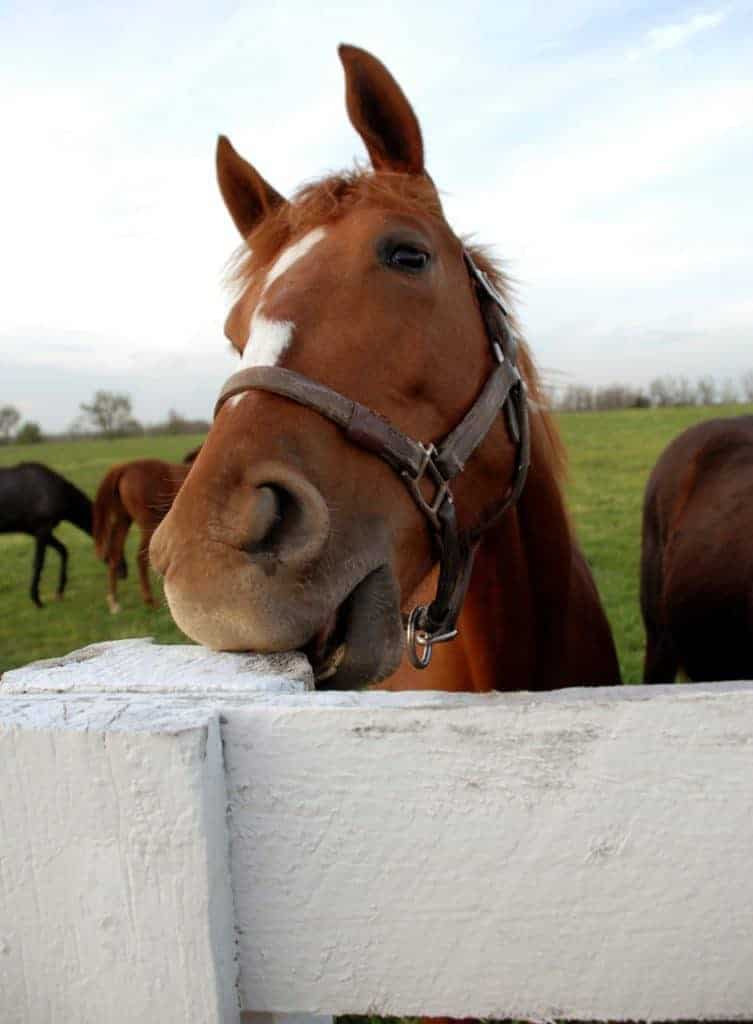Can You Influence Hoof Growth?
We ask an awful lot of an animal who walks on his middle toenails. Humans have recognized for centuries that the foundation of a horse’s soundness lies in his hooves–“No foot, no horse” is about as basic a principle as there is. It all comes

















